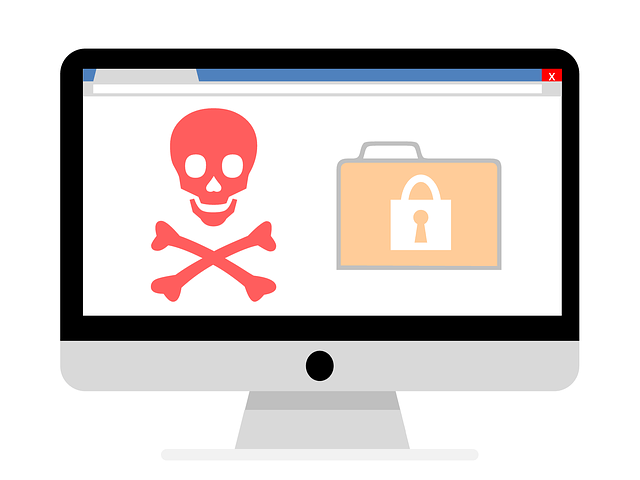A ransomware infection is not easy to deal with. It can be pretty frightening to see a note on your computer screen announcing blocked access for various reasons. Your computer could be locking you out or malicious software could be holding encrypted data for ransom. The reason is usually to extort money with promises of releasing encryption when you do so.
The viruses sneak into your device through a security loophole in improperly protected software or trick unsuspecting users into installing the software to their system. Once it snakes in, you are locked out. Ransomware commonly affects high profile victims that hold sensitive information such as large corporations, educational institutions or police departments.
Types of Ransomware
You first need to determine the type of ransomware that has attacked your computer before you think of ways to gain access. There are two kinds of ransomware:
- Encrypting Ransomware: Malicious software using encryption to demand ransom usually comes in the form of trick installations from scam operators. They can also find their way in from unprotected computers. Encryptions encode a file containing data that can be read only by authorized people. It uses an algorithm that needs to be unscrambled to decrypt the information.
- Screen-Locking Ransomware: Screen locking ransomware is easier to break through. It could be in the form of a note claiming to be the police, FBI or the IRS accusing you of tax violation or browsing through unauthorized sites. They demand you to pay a “fine” promising access thereafter.
How to Regain Access
Whatever you do, don’t be tricked into paying the ransom. It will encourage the attackers to continue terrorizing victims. There is no guarantee of retrieving your files even if you do make the mistake of paying the ransom. Here are a few suggestions to tackle the problem:
- Try restoring the files from a reliable backup to regain access.
- Consult your IT department for cloud backup solutions to access your files in the future.
- Never provide personal information, answer suspicious email, or reveal personal details in an unsolicited phone call or text message.
- Never fall for phishers under the guise of IT technicians who try to trick you into installing malware.
- If you get any calls from an unknown source, call the IT department at once.
- Always rely on known, reputable antivirus software and a strong firewall to protect your files and keep the security up to date. Fake software can contain malicious viruses.
- Install a filter to keep unsubscribed emails away from entering your inbox.
- Have the filters periodically scanned for threats and block any suspicious attachment.
- If you are away from your PC for several days, alert your IT department before you head off.
- Learn how to stay connected to the company’s VPN (Virtual Private Network) from a remote location so you can monitor it while away.
- Make sure you employ the support services of a reliable IT and network management company to protect your computers and network systems.
Micro Computer Consulting Inc.
We are a Mississauga-based computer services firm that helps businesses in the Greater Toronto Area with their IT needs. We offer ongoing IT support services and provide cloud-based backup solutions through remote management or on-site service.
Whether you are a small business or a medium-sized enterprise, our highly qualified, reliable technicians service and maintain all your IT from desktops, laptops as well as network, file, exchange and backup servers. We take care of all ongoing IT support, systems maintenance, network management and computer procurement for your company, whether via remote management or on-site service. Contact us to get the best outsourced IT support for your business.


